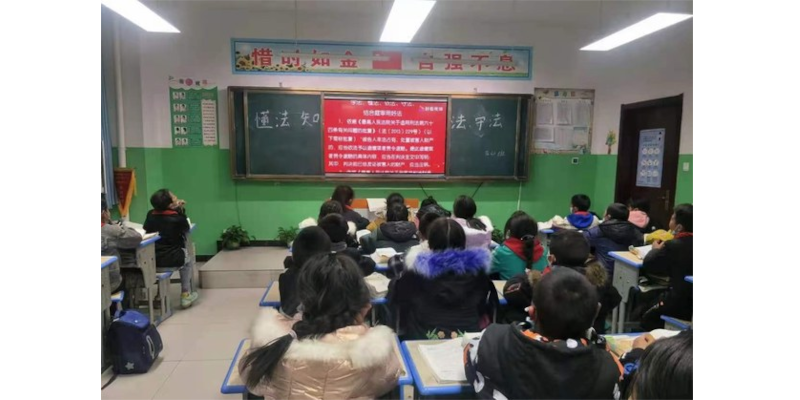Dharamshala, 12th March: As authorities push on with practices critics believe are intended at eroding kids’ connection to their own language and culture, Tibetan children returning to school after the winter break are now starting classes taught entirely in Chinese as per RFA. Teachers are also receiving workshops on how to begin educating youngsters in Chinese.
According to RFA’s source, all textbooks in the Golog (in Chinese, Guoluo) Tibetan Autonomous Prefecture of northwestern China’s Qinghai province have now been translated into Chinese. “And, with the exception of Tibetan language lessons, all other disciplines such as math, physics, and the fine arts are taught in Chinese.”
According to the website, another source from Tibet told them in a written letter that some of these texts had already been translated by the start of the previous academic year. “However, in all Tibetan schools, the emphasis on teaching in Chinese has intensified, and Chinese President Xi Jinping’s political philosophy is now a prominent theme for education.”
Chinese officials are concealing public discussion of these changes in order to avoid protests from parents and others concerned about their influence on Tibetan children’s connection to their country’s culture and identity.
Monasteries in Qinghai have already been prohibited from teaching language classes to young Tibetans during their vacations from school, and authorities in the province and neighboring Sichuan have closed private schools that offered Tibetan classes, forcing students to enroll in government-run schools where they are taught exclusively in Chinese.
Government initiatives to replace indigenous language education with Chinese instruction have enraged Tibetans, as well as the Turkic-speaking Uyghur people of Xinjiang and Inner Mongolia in northern China. In the fall of 2020, plans to discontinue the use of Mongolian in ethnic Mongolian schools provoked weeks of class boycotts, street protests, and a region-wide crackdown by riot squads and state security officers, which ethnic Mongolians have dubbed “cultural genocide.”
In recent years, Tibetan efforts to define national identity have focused on language rights, with informally formed language schools in monasteries and cities deemed “illegal associations” and teachers detained and arrested.

